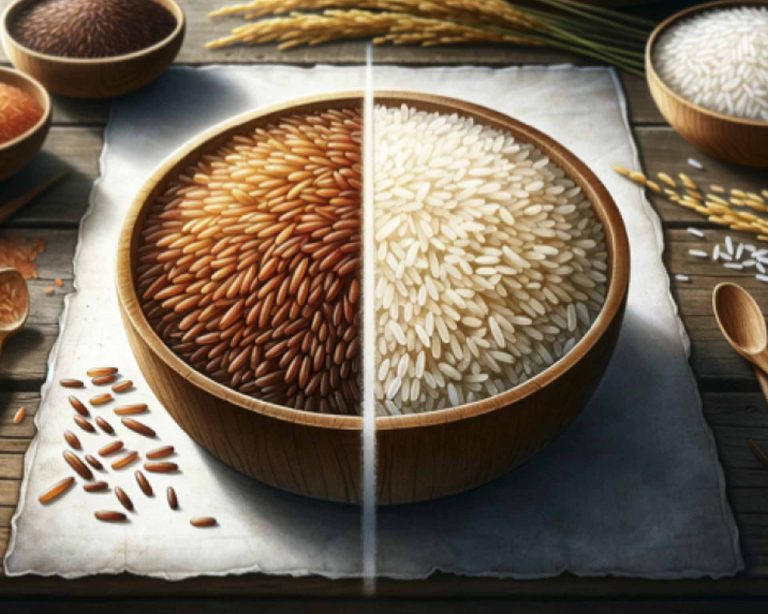Inflammation is a natural response of the body to injury and infection, but chronic inflammation can lead to various health issues. Some foods are believed to promote inflammation.
Here are 10 commonly cited foods and ingredients that may contribute to inflammation:
Sugary beverages and foods: High intake of sugars can trigger the release of inflammatory messengers called cytokines.
Trans Fats: Often found in fried foods, processed snacks, and some margarines. They are known to promote inflammation.
Red and Processed Meats: These can contain high levels of inflammatory advanced glycation end products (AGEs) which are formed when these meats are cooked at high temperatures.
Refined Carbohydrates: Such as white bread and pastries. They have a high glycemic index which can stimulate inflammation.
Gluten: For those with celiac disease or gluten sensitivity, gluten can be inflammatory.
Dairy Products: Some people are intolerant or allergic to casein or lactose in dairy, which can trigger inflammatory responses.
Alcohol: In excess, it can cause inflammation in the liver and other parts of the body.
Vegetable and Seed Oils: Such as corn, sunflower, and soybean oils. They have a high omega-6 to omega-3 ratio which may promote inflammation.
Artificial Additives and Preservatives: Some people may react to certain food additives, coloring, and preservatives, leading to inflammation.
Fried foods: Repeatedly heated oils used in frying can produce harmful compounds that promote inflammation.
As Ann Wigmore wisely said, “The food you eat can be either the safest and most powerful form of medicine or the slowest form of poison.” This highlights the profound impact our food choices have on our health, emphasizing the importance of a personalized approach to nutrition.
Remember, making informed dietary choices is key in managing inflammation. Opting for anti-inflammatory foods and avoiding or moderating the intake of those that promote inflammation can significantly impact your overall health. However, it’s important to note that everyone’s body reacts differently, so what might cause inflammation in one person might not in another.







